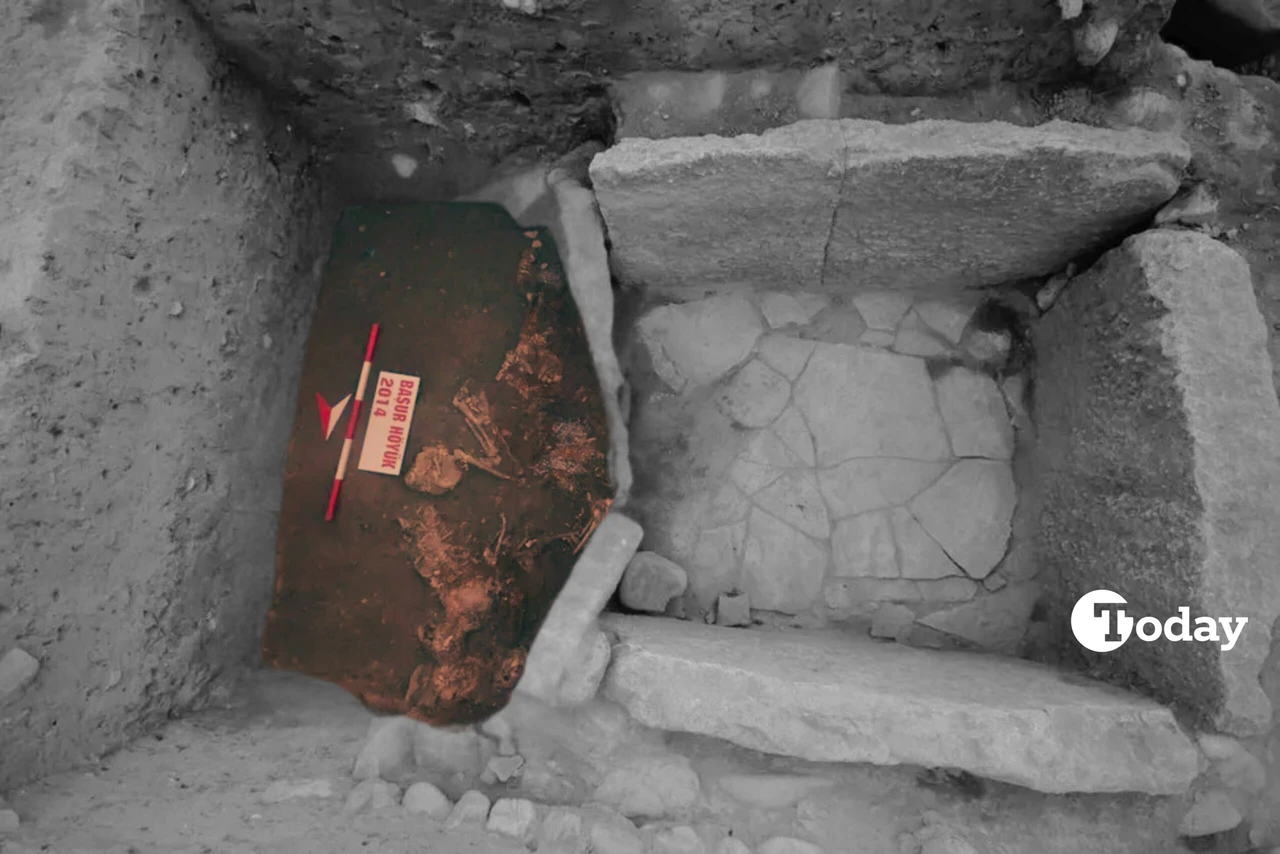Turkish family secret: Woman discovers father was killed by man who raised her
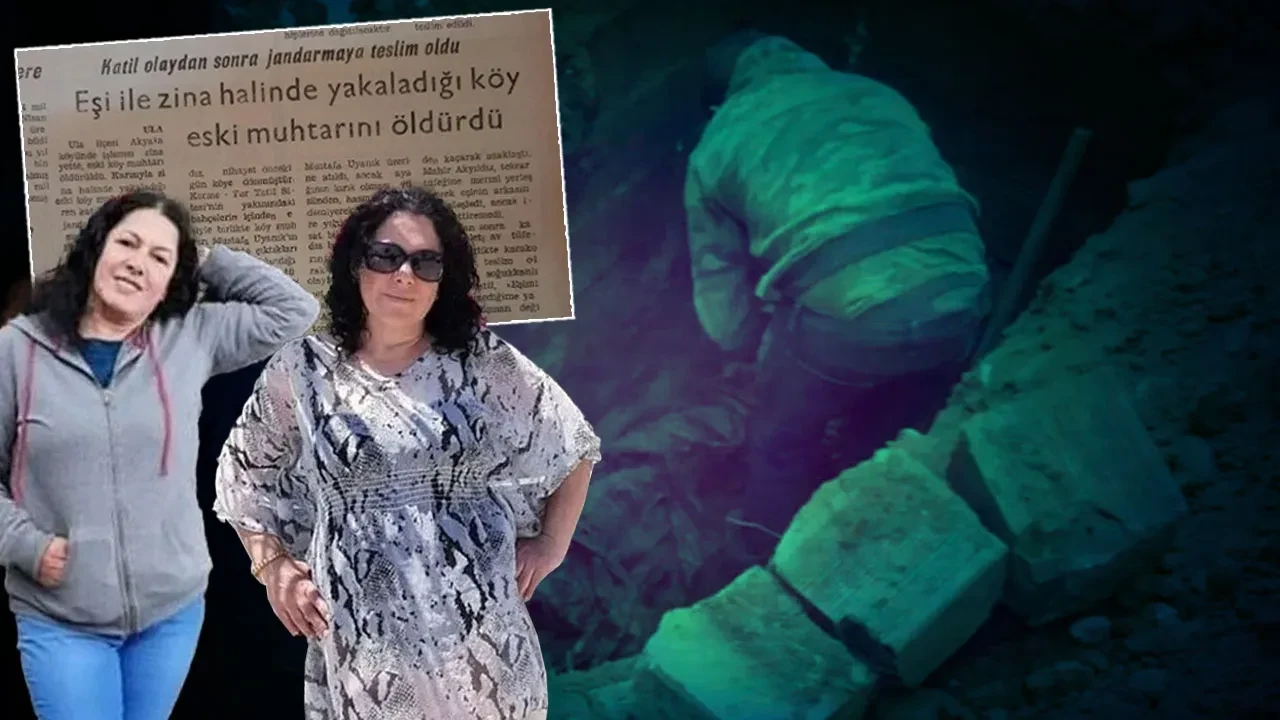 A collage featuring Berrin Nalci and an archival newspaper report detailing the 1982 murder of Mustafa Uyanik, the biological father she never knew. Mugla, Türkiye, Feb. 17, 2025. (TGRT Photo)
A collage featuring Berrin Nalci and an archival newspaper report detailing the 1982 murder of Mustafa Uyanik, the biological father she never knew. Mugla, Türkiye, Feb. 17, 2025. (TGRT Photo)
A decades-old family secret and murder mystery surfaced in Mugla, Türkiye, revealing a shocking truth.
Berrin Nalci, who believed Mahir Ayyildiz was her biological father, discovered through a DNA test that her real father was Mustafa Uyanik—the man Ayyildiz killed 41 years ago.
The revelation came after a legal dispute over inheritance led to an investigation that exposed the hidden past.
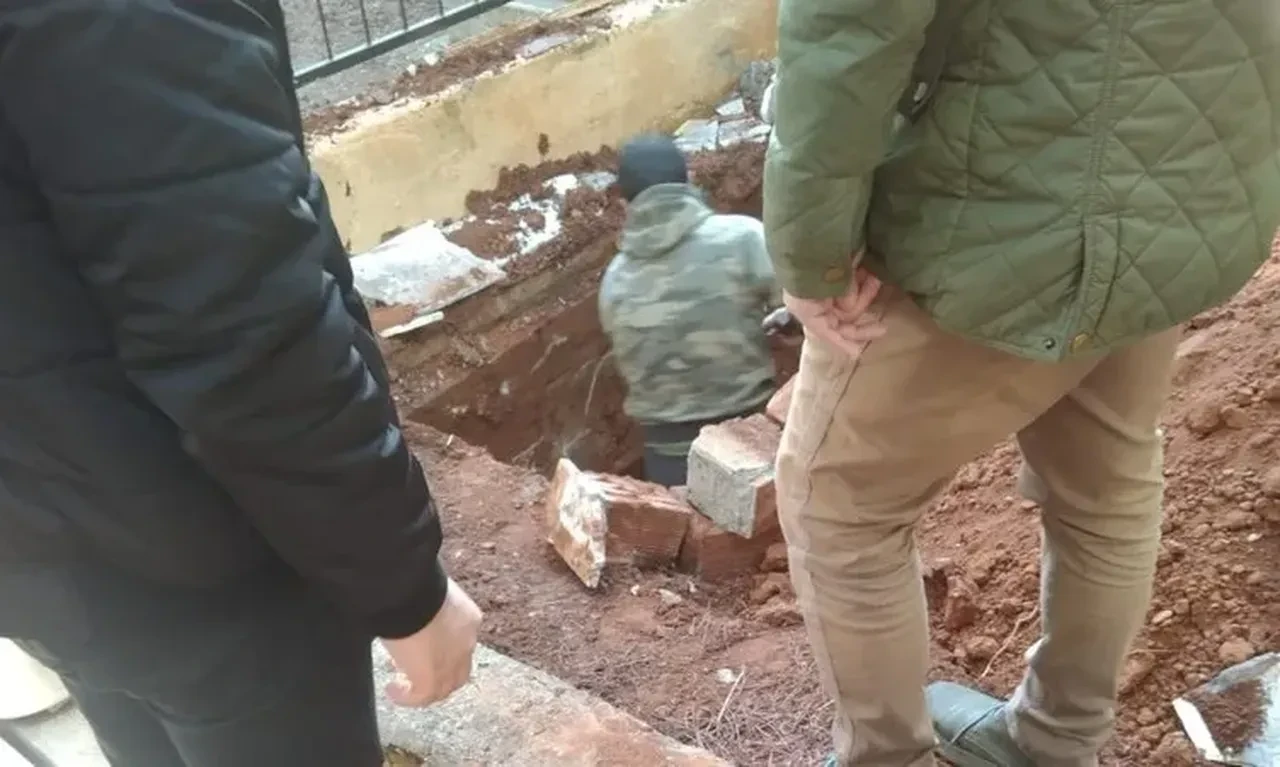
Legal dispute over inheritance uncovers long-buried truth about biological father
Nalci, 50, grew up in Mugla’s Ula district, thinking Ayyildiz was her father. During an argument, her sister said, “You are not our father’s heir.” This statement led Nalci to file a paternity denial case at the Mugla Family Court.
The first DNA test confirmed that Ayyildiz was not her biological father. Shocked by the result, she pursued another legal case to determine her real father. Her lawyer, Varol Turbay, requested the exhumation of Mustafa Uyanik, who was murdered in 1982.
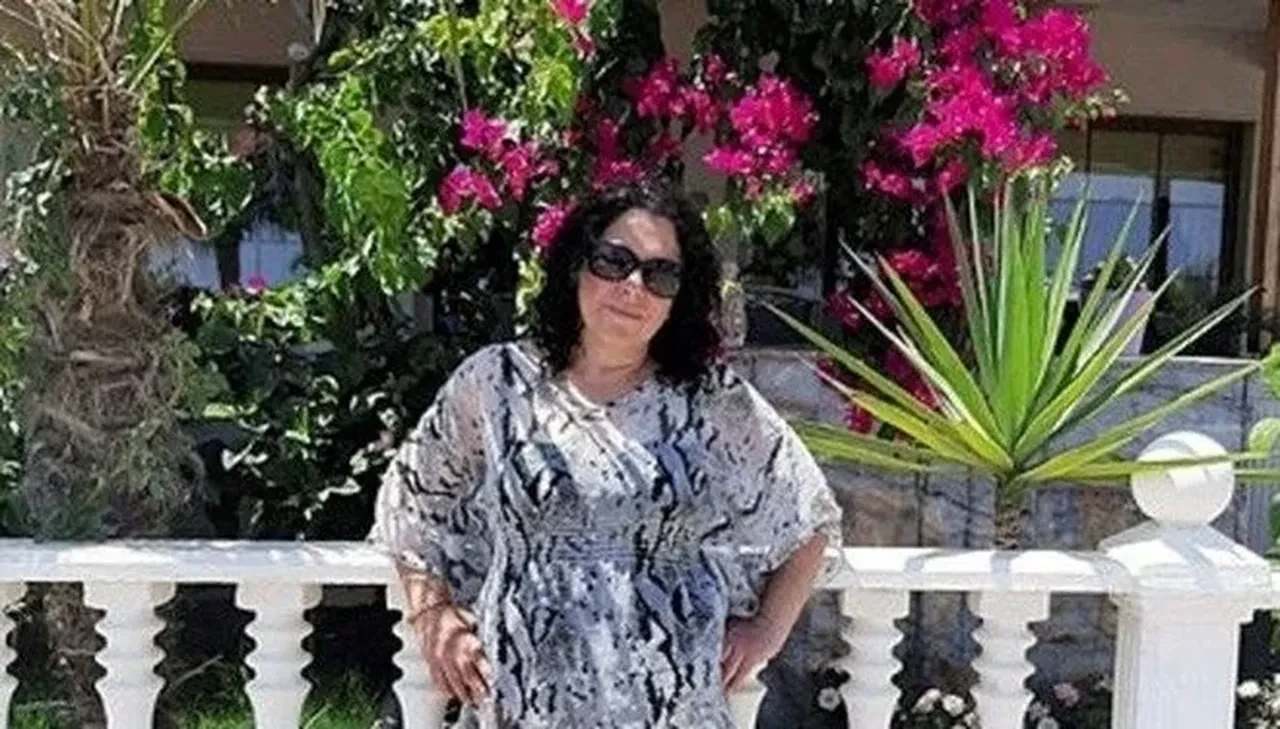
Murder case from 1982 resurfaces as investigation identifies biological father
In 1982, Ayyildiz, then a resident of Akyaka, shot Uyanik after finding him with his wife, Fatma Ayyildiz, in a forested area. Uyanik, a wealthy local figure and the Akyaka neighborhood head at the time died instantly.
Authorities arrested Ayyildiz, who served time in prison before his release. He passed away some years later, followed by the death of Fatma Ayyildiz.
Fatma Ayyildiz had concealed the truth, registering Berrin Nalci as the child of her husband, Mahir Ayyildiz. The secret remained hidden for nearly five decades until the recent legal battle over inheritance exposed it.
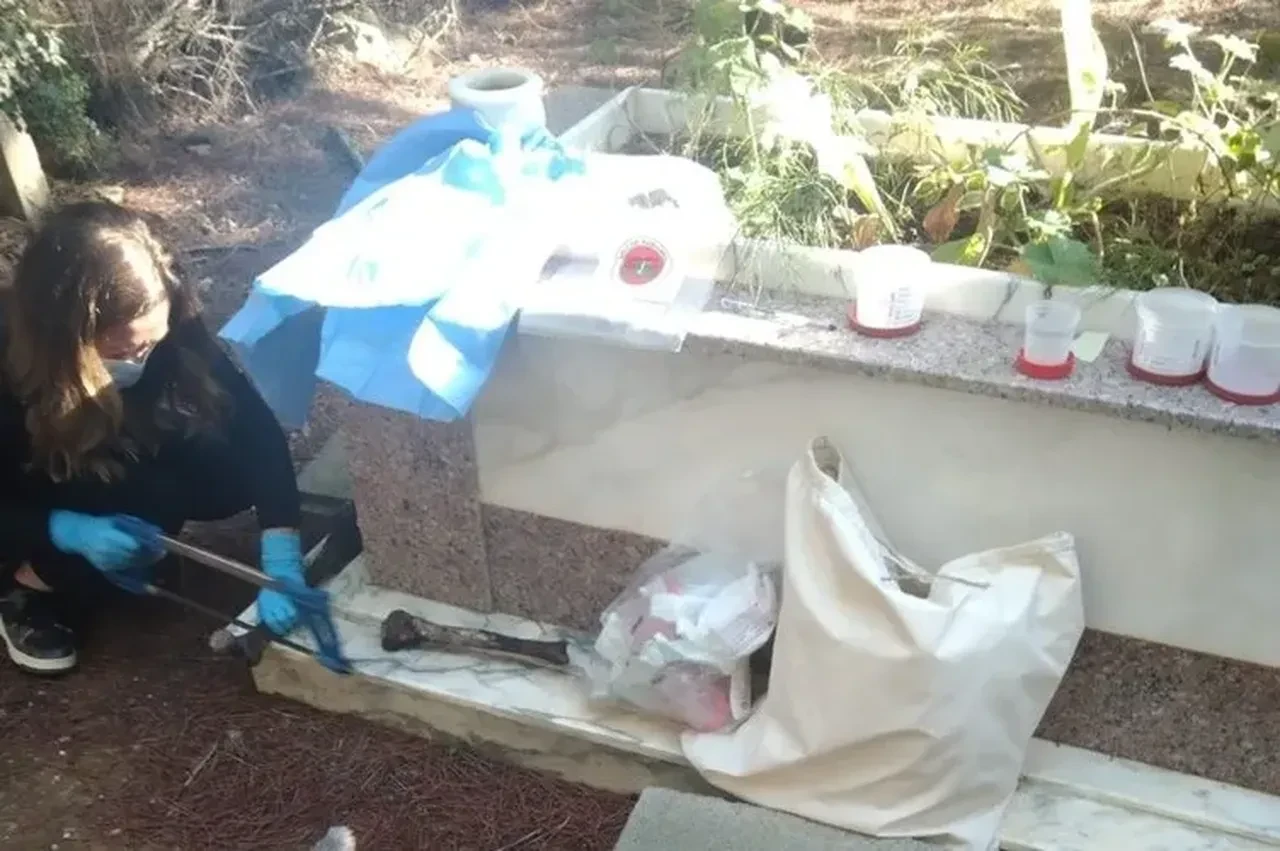
Exhumation, DNA testing confirm paternity after decades of secrecy
The Mugla Family Court ordered the exhumation of Uyanik’s remains to establish paternity. Authorities opened his grave, along with Fatma Ayyildiz’s, on May 3, 2024, to collect DNA samples.
On Feb. 1, 2025, the Izmir Forensic Medicine Institute confirmed that Nalci was Uyanik’s biological daughter.
Nalci described her devastation: “I grew up thinking Mahir Ayyildiz was my father. I never imagined that my biological father was murdered by him.”
Following the revelation, Nalci took legal action to claim her rightful share of Uyanik’s estate. Uyanik, one of Akyaka’s wealthiest figures, had properties and assets that were passed down through his family. The new evidence directly affects inheritance rights, making the case even more complicated.
Her lawyer, Turbay, emphasized the challenges of paternity cases: “Even though DNA tests are conclusive evidence, the legal process can take years because of appeals. These cases often extend up to 10 years due to legal obstacles.”

